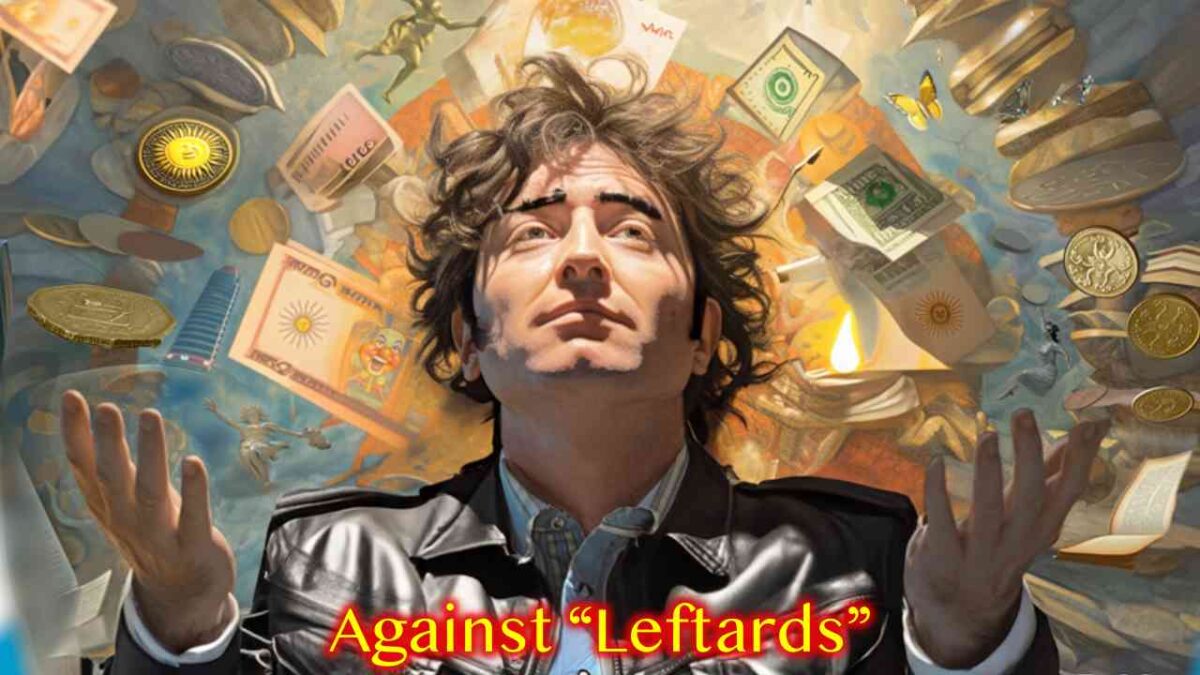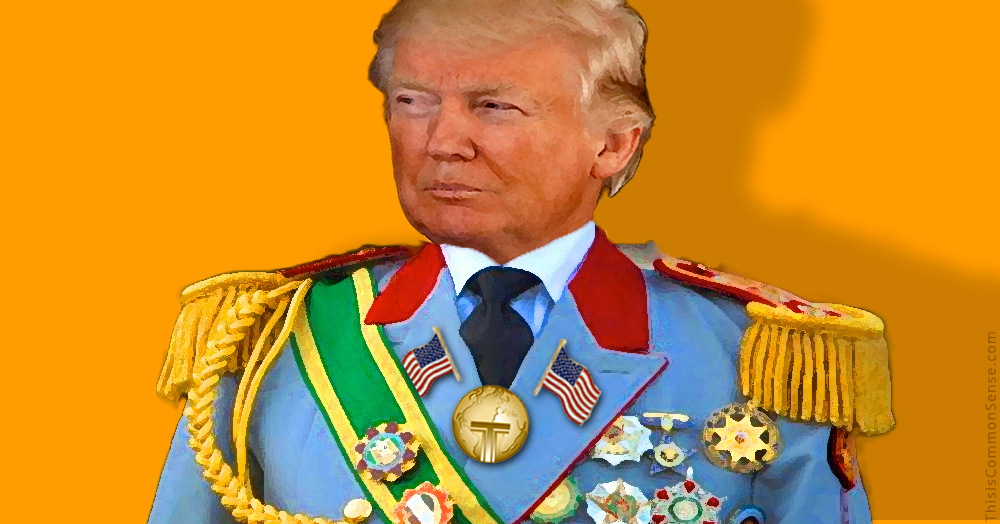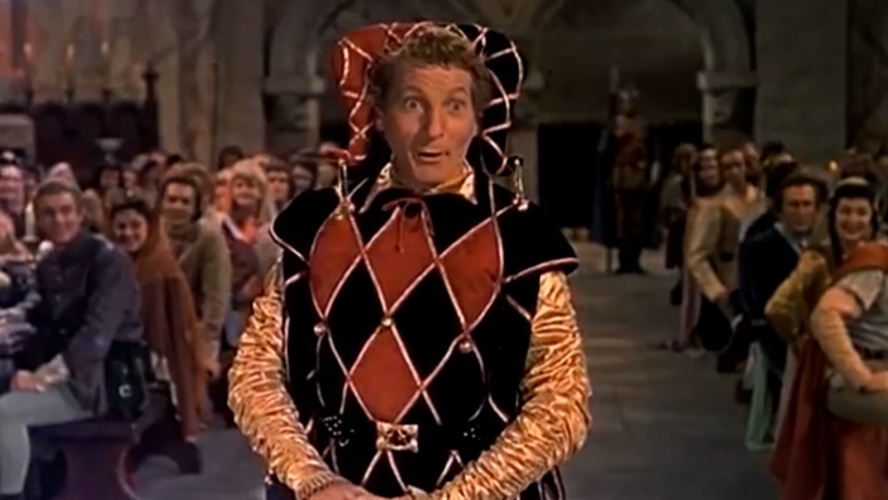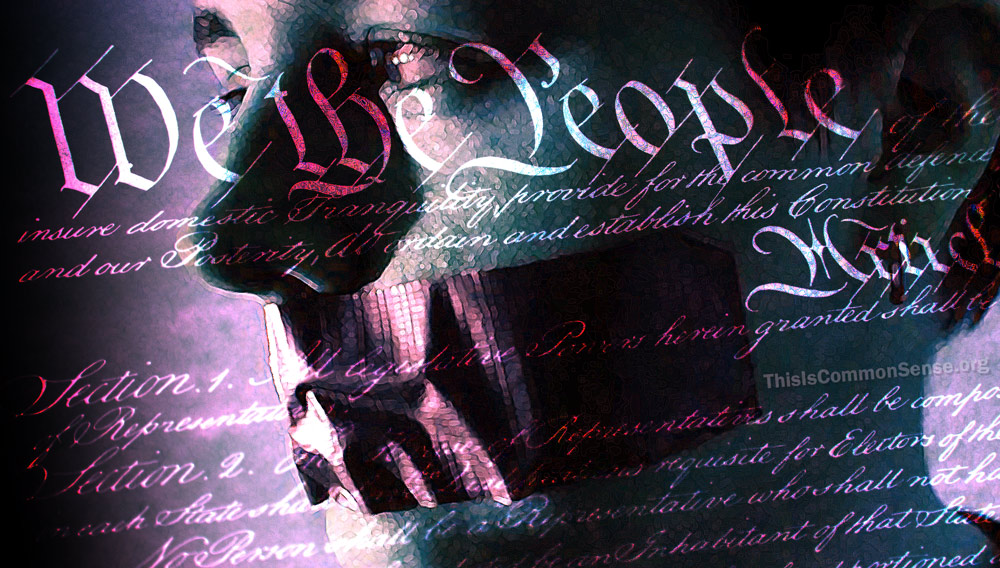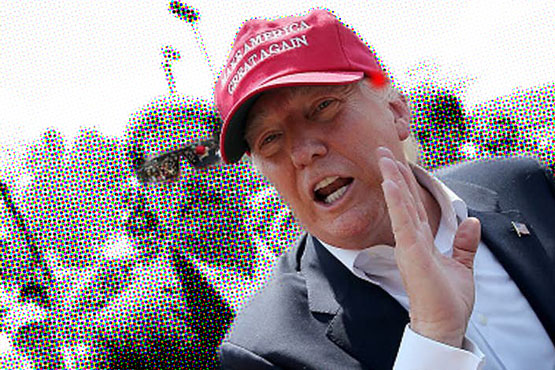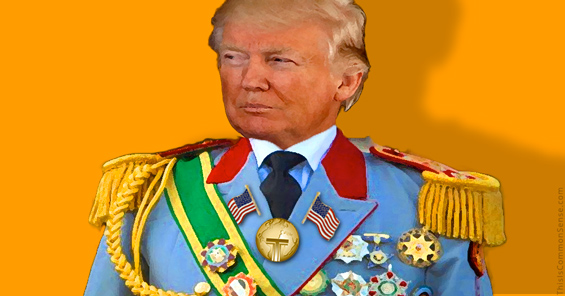The difference between a “liberal” and a “leftist” is lost on many, especially on the political right. But understanding is coming. A liberal is a person ostensibly for an “open society” and against treating “the other” badly, but is also for the basic structures of society. A leftist, on the other hand, sees the causes of “the marginalized” and “the poor” and anyone not hyper-obviously benefitting from the current order as an excuse to tear down that order. “Fundamentally transform America” might be a slogan to excite a liberal, but a leftist sees it as a demand with immediate consequences.
Leftists do wish for a fundamental transformation of America!
Liberals might still think that free speech, for example, is a good thing. Whereas a leftist sees it as a barrier to that fundamental transformation.
Rumination on this subject is all over YouTube. Consider Styx:
Of Democrats and their institutional liberalism, he says, “I find it very funny that Reagan broke their minds so much that they began trying to absorb far leftists … and now Trump is breaking their minds again.”
The problem with the liberal is an inability to deal with substantive challenge.
And leftists are proving to be just as much a challenge as Trump, now, especially with the recent anti-ICE riots (the subject of Styx’s talk), so liberals are trying to distance themselves from the left. But, Styx says, that isn’t working.
Author Andrew Doyle, in a recent book, is trying to understand whither “the woke.” He sees the woke as “unprecedented” for being authoritarian and successful at it while pretending to be powerless:
Doyle is the creator of the infamous “Titania McGrath” persona and Twitter account, and his new book is called The New Puritans. He expects that the new puritans of wokeness will wither quickly as a movement, because of the fundamental contradiction. The “unprecedented” contradiction.
The only big success in opposing leftist policies, on the other hand, is not in the U.S., it is far, far south. Hence the seemingly random placement of a Milei image at top. More updates to come on him and his Argentine movement.
